A 27-Year-Old Ghanaian Inventor Created Earbuds That Translate Over 40 Languages
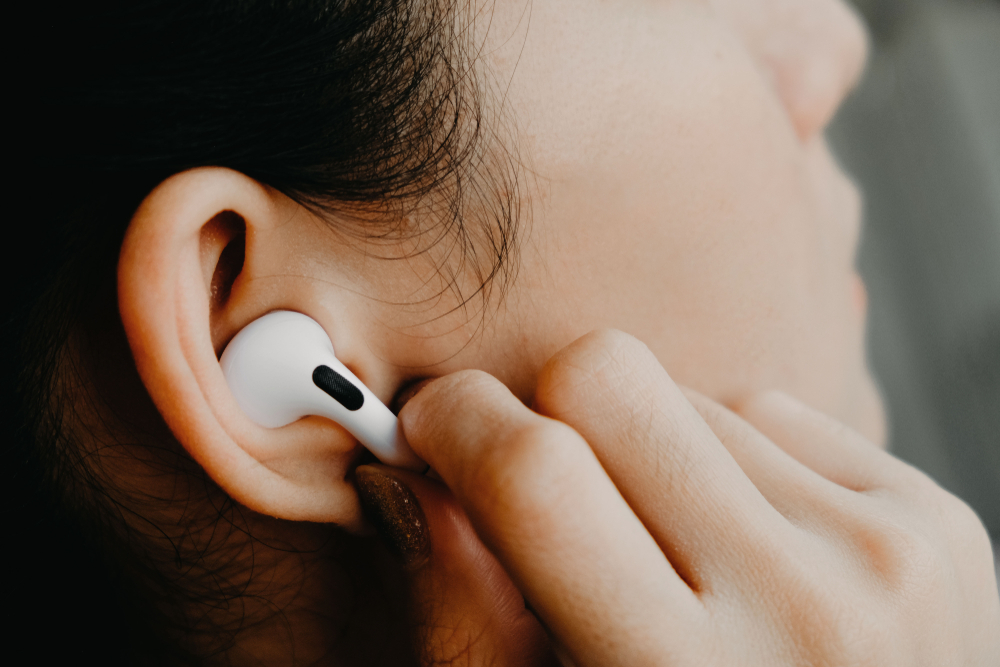
Have you ever tried having a conversation in a language you don’t understand? It’s like trying to tune a radio through static—words are being spoken, but the meaning never quite comes through. Now imagine living in a world where that static disappears—where every conversation, no matter the language, flows clearly, naturally, and instantly.
That’s no longer a fantasy. A 27-year-old Ghanaian inventor has turned that dream into reality with a simple, elegant solution: earbuds that translate over 40 languages in real time—and they don’t even need the internet to work.
In a world where borders are fading but language still divides us, Danny Manu has created something more than a gadget. He’s built a bridge—one that connects cultures, empowers entrepreneurs, and reminds us that innovation doesn’t need permission from big tech. It just needs vision, courage, and a problem worth solving.
The Genius Behind the Innovation
Before there was a product, there was a problem and a man who refused to ignore it. Danny Manu, a British-Ghanaian engineer and entrepreneur, didn’t set out to become a tech trailblazer. But like many great inventors, his path was shaped by frustration, curiosity, and a relentless desire to solve problems that others had overlooked.
Born in the United Kingdom to Ghanaian parents, Danny grew up navigating multiple cultures and, at times, multiple languages. He studied at Oxford Brookes University, trained as an engineer, and later worked for Quanta Networks, an aerospace and cloud solutions company. But Danny didn’t just want to build products he wanted to build tools that improve people’s lives.
That vision came to life when he founded Mymanu in 2014. His mission? To eliminate one of the most enduring human barriers: language.
Meet Danny Manu, the British-Ghanaian engineer who just made science fiction REALITY.
— African Hub (@AfricanHub_) June 15, 2025
In 2016, he created earbuds that translate over 40 languages in real time… WITHOUT needing internet!
You could be hiking in rural Japan, meet a local grandmother, and instantly hear her life… pic.twitter.com/i5aJ6E5KPP
Despite the boldness of his vision real-time, offline language translation inside a pair of earbuds support didn’t come easily. In interviews, Danny has spoken openly about the systemic challenges he faced as a Black inventor in the UK. “I was denied funding due to my race,” he revealed, noting that banks and government programs repeatedly passed him over. Undeterred, he poured his personal savings into the project and launched a crowdfunding campaign that eventually raised $5 million.
And he didn’t stop there. When the COVID-19 pandemic hit, Danny pivoted to address another urgent need, founding Medybird, a company that delivered over 500 million units of personal protective equipment globally. Whether creating PPE during a global crisis or earbuds that break linguistic silos, Danny’s north star has always been the same: build what people need, not just what the market expects.
How the Translation Earbuds Work
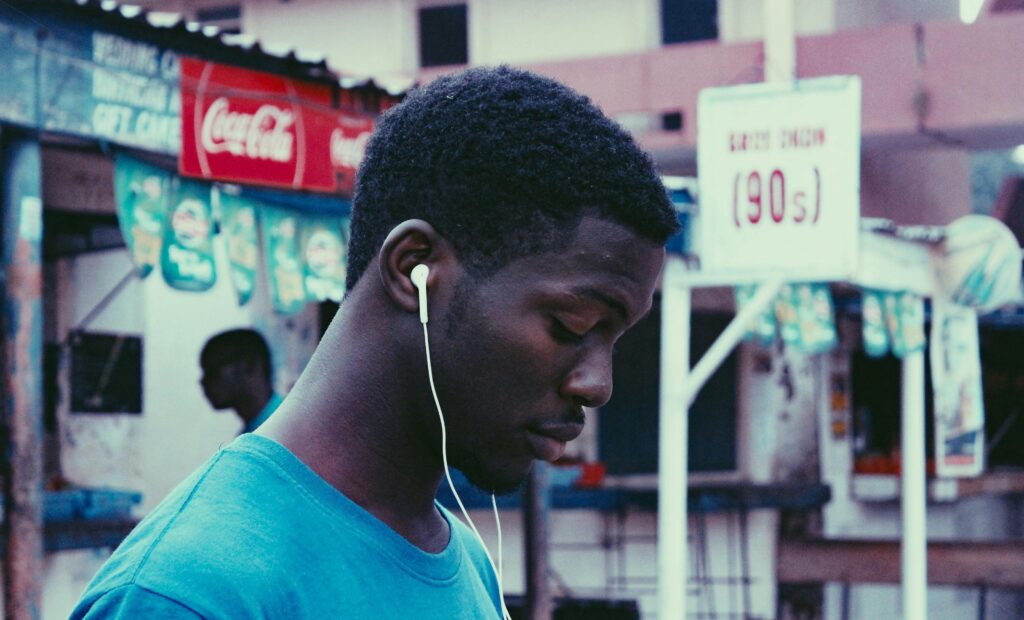
At first glance, the Mymanu CLIK earbuds look like any high-end wireless headphones. Sleek. Minimal. Compact. But beneath that minimalist exterior lies a powerhouse of engineering a real-time translator that can bridge conversations between strangers, travelers, students, and professionals across more than 40 languages, all without needing an internet connection.
This isn’t science fiction. It’s a carefully engineered system of AI-powered algorithms, speech recognition, and intuitive design. What sets these earbuds apart from the clutter of translation apps and devices isn’t just their portability it’s their independence. Unlike most translation tools, Mymanu CLIK works completely offline, making it ideal for remote regions, travel, and high-stakes environments where Wi-Fi can’t be relied upon.
Here’s how it works:
- Real-Time Translation: You speak in your native language, and the earbuds pick up your voice. The proprietary MyJuno app, synced with the earbuds, instantly converts the speech into another language—either delivered as audio or on-screen text.
- Speech-to-Text & Text-to-Speech: Whether you’re speaking or typing, the system can process your input and deliver a natural, understandable response in the listener’s language a fluid back-and-forth conversation, no pauses, no fumbling.
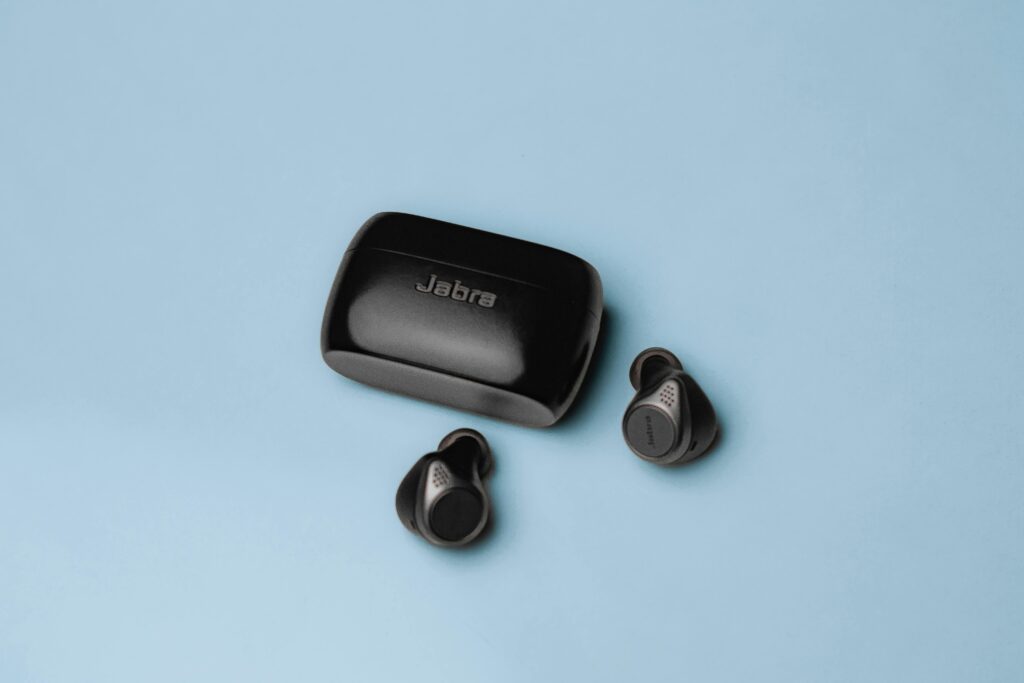
- Wireless & Hands-Free: The design mirrors the comfort and convenience of mainstream earbuds, allowing for use while walking, traveling, or working. It’s more than a translator it’s a daily wearable communicator.
- Offline Capability: This is where the magic truly lies. The CLIK earbuds don’t rely on cloud servers or live data connections. They carry their translation engine onboard, making them resilient in environments where connectivity is weak or nonexistent.
Mymanu has continued to refine the product through multiple versions from the original CLIK+ to the improved CLIK S and now the groundbreaking Mymanu Titan. The Titan pushes even further, offering voice activation, e-SIM integration, and a screen-free communication experience, essentially turning the earbuds into a standalone phone and translator combined.
But what makes all of this innovation matter isn’t the specs it’s the freedom it gives. Freedom to connect. To collaborate. To understand. Whether you’re a backpacker in Tokyo, a vendor in Accra, or an aid worker in a remote village, these earbuds allow you to speak and be heard not just in your language, but in theirs.
Where This Technology Makes a Difference
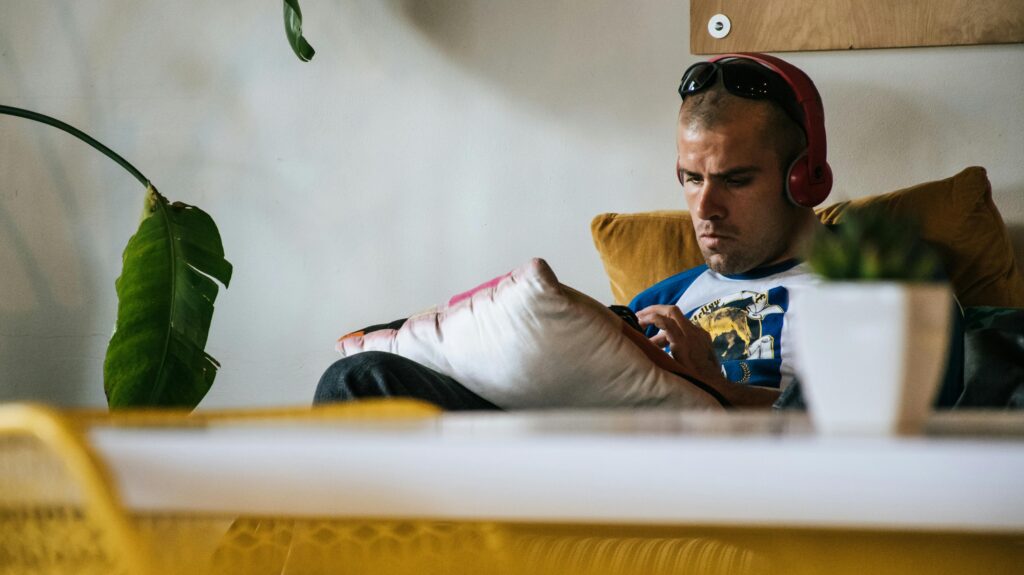
Great technology doesn’t just impress. It empowers. And the true power of Danny Manu’s translation earbuds reveals itself in the hands of those who need connection the most across borders, industries, and languages.
Imagine a doctor working in a remote village, trying to explain a treatment plan to a patient who speaks a dialect she’s never heard. Or a young entrepreneur in Nairobi pitching his product to investors from France, China, and Brazil none of whom speak Swahili. For them, the Mymanu CLIK isn’t a luxury. It’s a lifeline. Here’s where this invention is already making waves:
Travel & Tourism
For travelers, language has always been the invisible border. A missed sign, a misunderstood phrase, a conversation never started. With the Mymanu earbuds, tourists can navigate foreign streets, markets, and cultures with confidence speaking to locals, ordering food, asking for help all without Wi-Fi, awkward phrasebooks, or expensive translation services. It turns language from a barrier into a bridge.
International Business
In the boardroom, clarity is currency. Multinational teams, cross-border negotiations, and global networking events demand seamless communication. Manu’s earbuds make real-time translation possible even during live presentations or impromptu hallway conversations. Businesses no longer have to rely on laggy software or expensive interpreters they can speak, be heard, and be understood instantly.

Education & Training
In classrooms filled with diverse backgrounds, language often stands in the way of learning. With real-time translation, students and educators can engage more deeply. Universities can welcome international students without linguistic friction. Vocational training programs can include remote learners from rural areas who speak only local dialects. The earbuds don’t just translate they democratize access to knowledge.
Humanitarian Aid & Healthcare
For frontline workers in disaster zones or underserved regions, internet access is often nonexistent but the need for communication is urgent. Medical teams, aid workers, and volunteers can now interact directly with local communities, explaining procedures, giving instructions, or offering comfort in the listener’s own language. The offline capability of Mymanu is not just convenient it’s lifesaving.
Everyday Human Connection
Beyond professional use, this innovation unlocks everyday moments. A refugee reconnecting with family in a new land. A student making new friends abroad. A child speaking freely with a teacher from another country. These earbuds are being used to restore the most human of experiences: conversation.
What This Means for Africa and the World
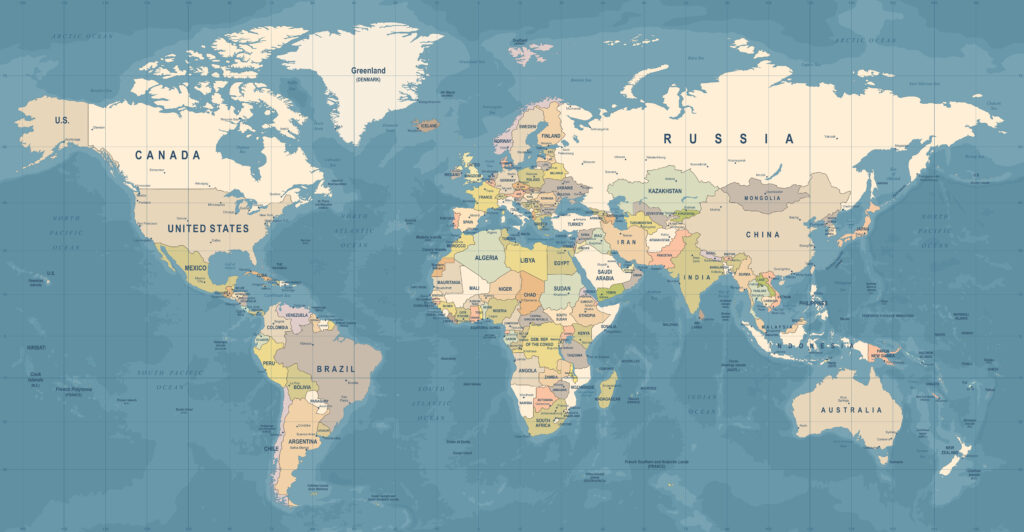
Innovation isn’t just about gadgets. It’s about who gets to speak, who gets to be heard, and who gets to participate in the future. Danny Manu’s translation earbuds are not just a clever solution to a global problem they are a symbol of what’s possible when African ingenuity is given room to grow, and when innovation is rooted in empathy, not ego.
Across Africa, language is both a treasure and a challenge. With over 2,000 languages spoken on the continent, communication across regions and even within countries can be difficult. For generations, these barriers have limited trade, strained diplomacy, and kept local entrepreneurs from scaling their ideas beyond their communities.
But what if a small business owner in Senegal could negotiate directly with a buyer in Angola?
What if a health worker in Uganda could counsel patients from three different ethnic groups without switching apps or calling in a translator? What if a young dreamer in Accra could attend a virtual workshop hosted in Portuguese and not miss a word?
That’s the promise of the Mymanu earbuds.
They aren’t just technological tools they are equalizers.
For entrepreneurs, they open doors to new markets and partnerships without the burden of learning multiple languages or hiring costly interpreters.
For educators and students, they break down walls that limit access to knowledge, mentorship, and collaboration.
For governments and institutions, they foster better cooperation across Africa’s many regions, supporting economic integration and unity.
And for the millions of everyday people navigating multilingual spaces markets, hospitals, classrooms, refugee camps they restore agency, voice, and dignity.
Where Purpose Meets Possibility
Every great invention begins with a question. But behind every revolutionary inventor is a decision to keep going, especially when the world says stop.
Danny Manu’s journey is not just about earbuds. It’s about breaking through noise societal, systemic, and internal to deliver something the world didn’t know it desperately needed.
He wasn’t backed by powerful investors. He wasn’t handed funding. He wasn’t even taken seriously by many gatekeepers in the tech world. But he kept building. Kept believing. And in doing so, he proved something vital: you don’t need a seat at someone else’s table when you’re willing to build your own.
His story reminds us that innovation isn’t about having the flashiest pitch or the perfect resume. It’s about seeing a problem others overlook and having the courage to say, “I’ll fix it.” It’s about being told “no” a hundred times and choosing to believe in your “yes.” It’s about refusing to let borders linguistic, geographic, or systemic define what’s possible.
Danny’s success holds a mirror up to all of us.
What barriers have we accepted as unchangeable?
What ideas have we pushed aside because we assumed we weren’t “qualified” to solve them?
What gifts are we withholding from the world because we’re waiting for permission?
The truth is: the future doesn’t just belong to those who can code or invent. It belongs to those who care deeply enough to create not for applause, but for impact. And that kind of innovation? It starts not in a lab, but in the heart.
So maybe the bigger question isn’t how these earbuds work.
It’s this:
What could you build if you stopped waiting for permission?
Loading...

